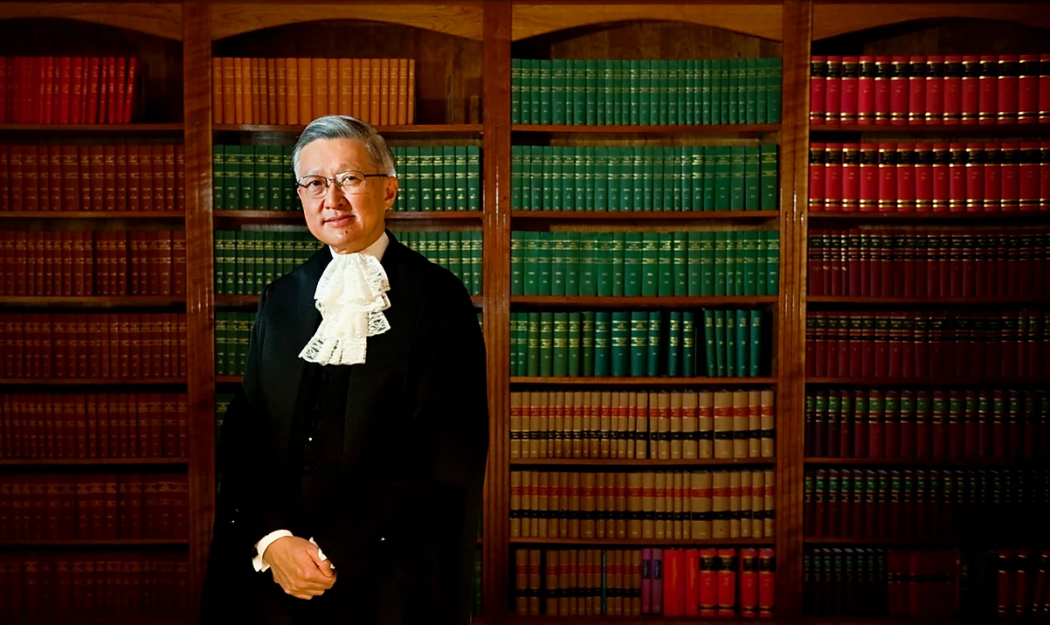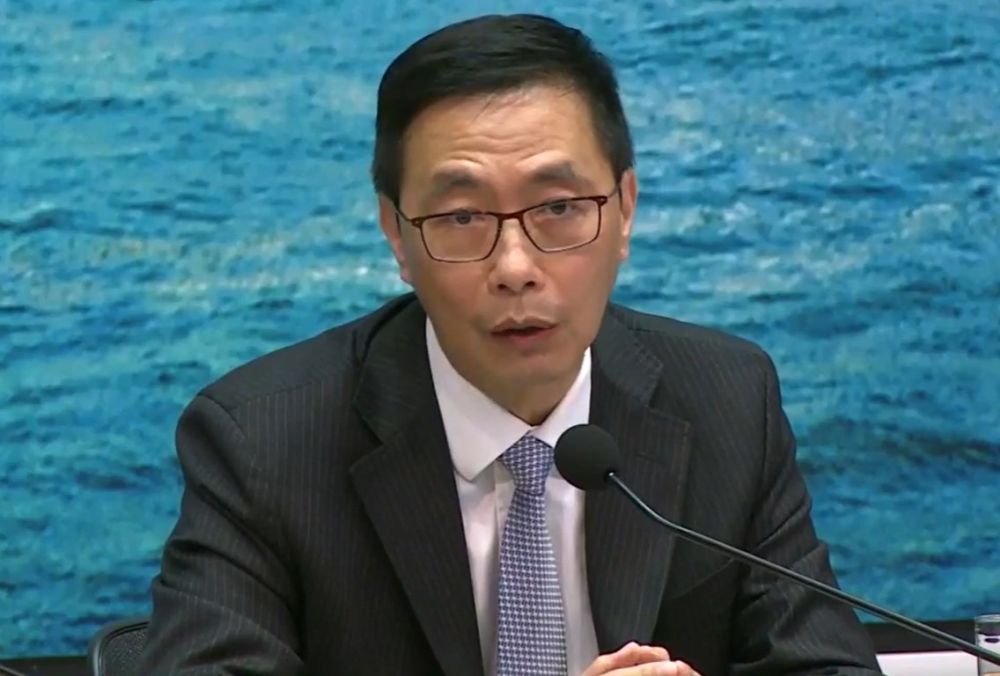If you are a little confused these days about Hong Kong’s status as a special administrative region of China, welcome to the club. Bewilderment reigns as we suddenly strain to identify anything particularly “special” about our city.
Unlike every other city in China, we used to enjoy freedom of speech, assembly and the press. Now, however, you can get arrested for singing “Glory to Hong Kong” with two of your friends in a shopping mall.

Now, if you question the scientific and economic wisdom of voluntary mass Covid-19 testing, you are – in the words of a Hong Kong and Macau Affairs Office (HKMAO) spokesman – an “evil” apostate “slandering and discrediting” the motherland. And now, if you are a foreign journalist with a reputation for speaking truth to power, you are persona non grata in this city, your work visa refused with no explanation given.
What’s special about that? You might as well be living in any other mainland megacity under Communist Party rule. Indeed, residing north of the border might be somewhat less stressful and frustrating because you would not have to endure the steady barrage of folderol and hypocrisy spewing from the mouths of Hong Kong officials from Chief Executive Carrie Lam on down.
For example, back in April they told us that, ever since the handover from British to Chinese sovereignty 23 years ago, we had been woefully misinterpreting Article 22 of our de facto constitution, the Basic Law, which bans mainland departments and other organs from interfering in Hong Kong affairs.

According to the new make-it-up-as-you-go dogma, that prohibition does not include, despite 23 years of strenuous belief and practice to the contrary, either the HKMAO or the central government’s liaison office in the city. Both have been given the green light to issue borderline hysterical statements (like the one cited above) and to meddle, interfere or outright seize control of the city whenever they so desire.
Even more alarmingly, earlier this week Lam and Secretary of Education Kevin Yeung Yun-hung – who, at this point, could more accurately be dubbed Censor of Education – informed us that the concept of separation of powers, formerly widely seen as a foundational common law principle whose spirit pervades the Basic Law, actually does not apply at all.
Yeung was speaking after his bureau pressured publishers to delete the term from textbooks used in the Liberal Studies course taken by all Hong Kong secondary students, and Lam was quick to agree.
No doubt their declaration caused consternation among Hong Kong judges, who have been labouring under the apparently misguided conviction that they are part of a robust independent legal system and not, as the chief executive described, just another “division of labour”.

Chief Justice Geoffrey Ma Tao-li and his predecessor, Andrew Li Kwok-nang – who together have headed Hong Kong’s judiciary for all 23 of the post-handover years – may have been especially discomfited as both of them have made a point of publicly extolling this guiding principle of the city’s governance.
In a speech opening the legal year in 2010, his final year as chief justice, Li stated: “The Hong Kong system involves checks and balances between the executive, the legislature and the judiciary.”
That’s the very definition of separation of powers.
Four years later, at the same event, Ma was even clearer in his remarks.
“The Basic Law sets out clearly the principle of the separation of powers between the legislature, the executive and the judiciary, and in quite specific terms, the different roles of the three institutions,” the chief justice said.
The fact that Yeung and Lam have chosen to disagree is disappointing but should come as no surprise.

For years, Chinese officials have denied that there is a separation of powers in Hong Kong, instead arguing that the Hong Kong system is “executive-led” – whatever that means.
Former chief executive Leung Chun-ying greedily picked up on this faux argument in 2015, laying claim to power and authority that “transcends” all three branches of the Hong Kong government. Leung’s claim was laughable five years ago. Now – the horror! – by stubborn, brute insistence, it has become reality.
Lam lost all natural authority and credibility long ago during the chaos of the extradition crisis. In a better, more just and democratic city, she would no longer be enjoying the comforts and perquisites of Government House. Rather, she would be out on her ear.
But that’s not the Hong Kong we live in today. Under Beijing’s new hard line, ushered in with the imposition of the national security law on June 30, none of the old yardsticks of job performance and public approval matter.
Indeed, our current chief executive has “transcended” all that to the point where she now seems to be forever floating dreamily in her own little universe, impenetrable to all those she is charged to serve.
Support HKFP | Policies & Ethics | Error/typo? | Contact Us | Newsletter | Transparency & Annual Report | Apps
Help safeguard press freedom & keep HKFP free for all readers by supporting our team
| HKFP is an impartial platform & does not necessarily share the views of opinion writers or advertisers. HKFP presents a diversity of views & regularly invites figures across the political spectrum to write for us. Press freedom is guaranteed under the Basic Law, security law, Bill of Rights and Chinese constitution. Opinion pieces aim to point out errors or defects in the government, law or policies, or aim to suggest ideas or alterations via legal means without an intention of hatred, discontent or hostility against the authorities or other communities. |

More HKFP OPINION:
HKFP has an impartial stance, transparent funding, and balanced coverage guided by an Ethics Code and Corrections Policy.
Support press freedom & help us surpass 1,000 monthly Patrons: 100% independent, governed by an ethics code & not-for-profit.










